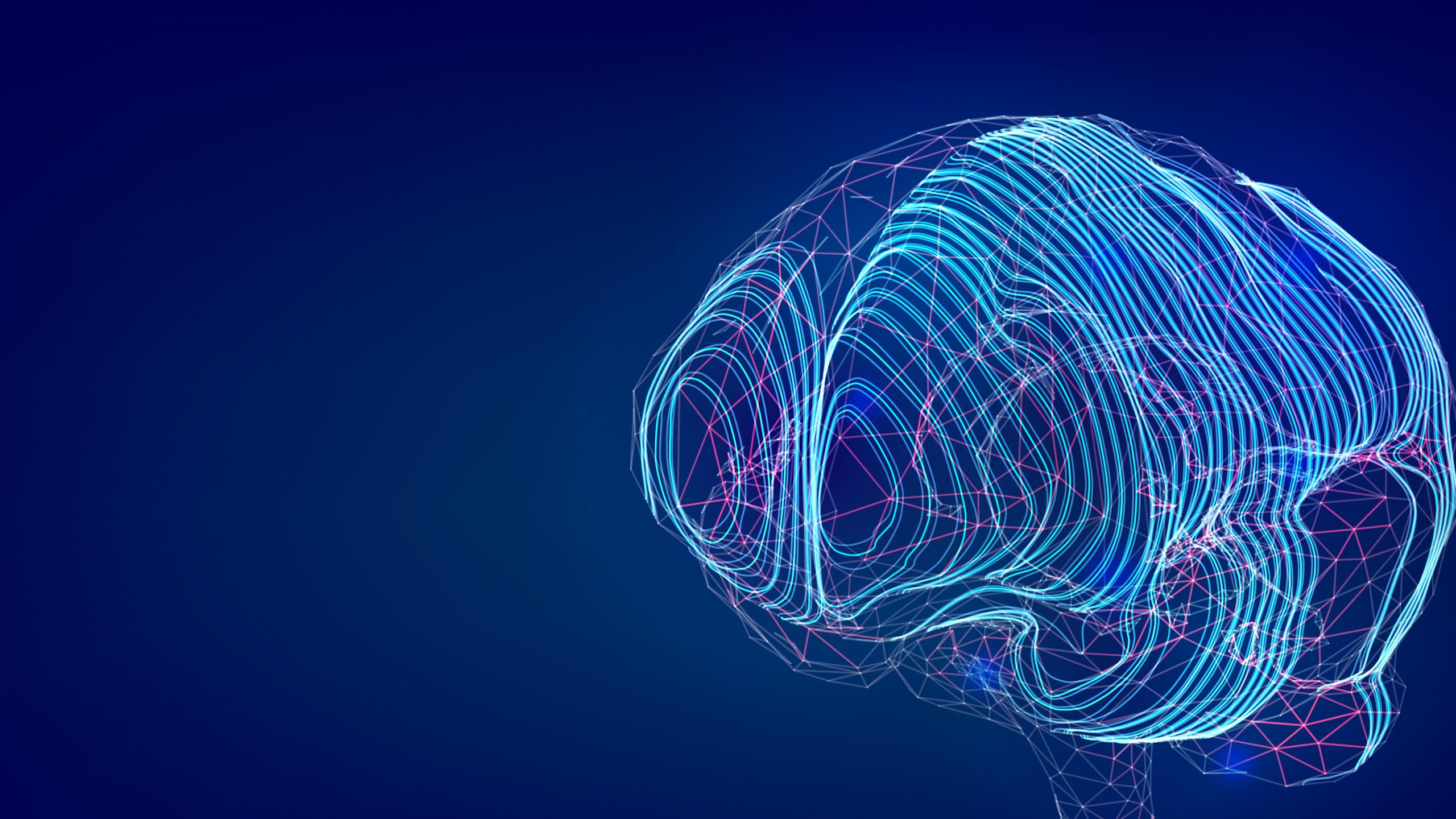Epalex is a clinical-stage pharmaceutical company developing breakthrough therapies for people with migraine and epilepsy.
TAKING
DRUG RESISTANCE
HEAD-ON
Many current migraine and epilepsy sufferers are inadequately treated by current therapies. Epalex is pursuing new molecular strategies to overcome the resistance to current pharmaceutical therapies for migraine and epilepsy.

NEW Mechanisms
OF ACTION
The Epalex drug development candidates have a unique mechanism of action that is differentiated from existing therapies for migraine and epilepsy. They are designed to provide effective relief while minimizing undesirable side effects.

IMPROVED BIOAVAILABILITY
Epalex’s proprietary delivery technology provides improved pharmacokinetic performance by substantially increasing the Cmax and AUC compared to a standard tablet.

DEVELOPMENT
PIPELINE

EP102 FOR MIGRAINE
EP102 features a unique mechanism of action designed to provide relief of hard-to-treat migraine headache pain and associated symptoms including nausea and vomiting, and light and sound sensitivity. The mechanism of action for EP102 is differentiated from all existing acute migraine therapies including NSAIDs, triptans, ergots, and CGRP antagonists. More than 38 million adults in the United States report suffering recent migraine or severe headache pain, but fewer than half get adequate relief from current therapies.
EP103 FOR EPILEPSY
EP103 is a mechanistically novel, broad-spectrum antiseizure agent under development by Epalex for people suffering with drug-refractory epilepsy. EP103 may be particularly useful in treating seizure emergencies because the mechanism is differentiated from currently available benzodiazepine-based seizure treatments and would be the first non-benzodiazepine to be available for acute seizure treatment. An estimated 3 million adults and 470,000 children in the United States have active epilepsy. Among those taking epilepsy medications, only about half report having their seizures adequately controlled and up to one-third do not obtain adequate relief from benzodiazepines.
